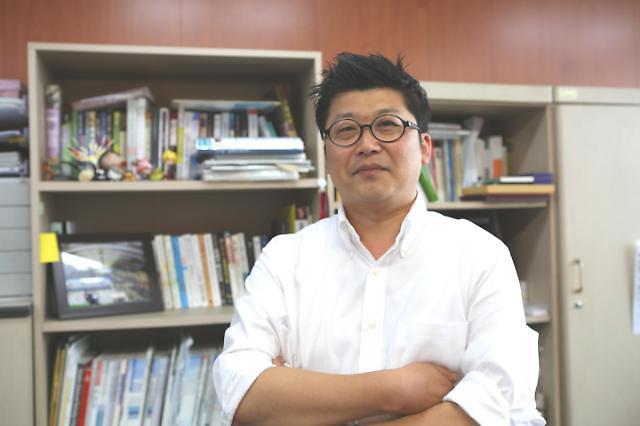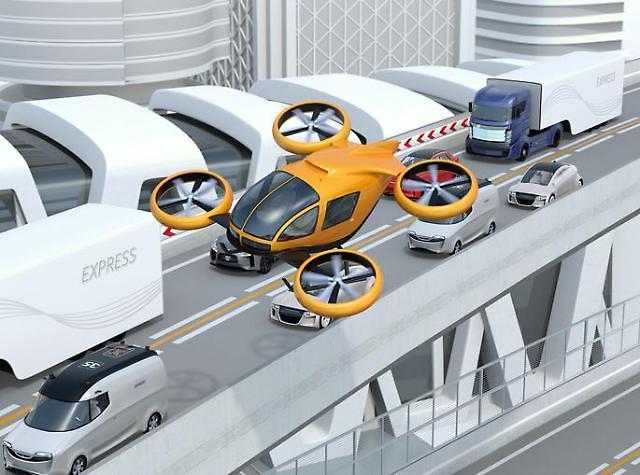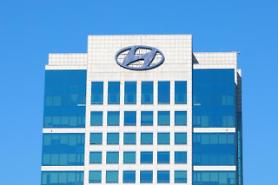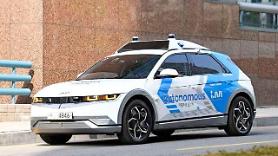
[Courtesy of CHA Mobility Research institute]
SEOUL -- As a technological revolution unparalleled in human history creates innovative changes in mobility, an expert with career experience in future platforms such as autonomous driving recommends a bold test bed strategy for South Korea to secure competitiveness in mobility in a short period of time.
Cha Doo-won, head of the CHA Mobility Research Institute, demands urgent government support to acquire domestic mobility personnel, pointing to a competitive push worldwide to secure software talent at a time when the mobility industry is reorganized around software to develop artificial intelligence and operating systems.
"To create a corporate ecosystem, we need the idea of turning our country into the world's best test bed," Cha said in an interview with Aju Business Daily.
"It's hard to find a way as effective as a test bed to find out how well the system is suited to consumer convenience and purpose and how quickly you can find problems and come up with improvements," Cha said, expressing confidence that domestic companies will be highly competitive if South Korea takes a bold policy to turn the entire country into a mobility test bed.
South Korea should address the severe shortage of software engineers, Cha said, conveying concerns among automakers and related companies about the lack of professionals. "Henceforward, universities and graduate schools should make efforts to foster human resources to secure national competitiveness."

[Gettyimages Bank]
Hyundai is also a key member of UAM Team Korea, a public-private consultative body that would commercialize manned drone taxis in 2025 and a fully autonomous service in 2035. Dozens of domestic companies have joined hands with foreign companies to provide UAM services in South Korea. The auto group is building an innovation center in Singapore to conduct studies on future mobility and explore innovative solutions, services and disruptive technologies.
Cha thinks Hyundai's investments in mobility are still far behind global automakers, standing at 16.7 percent of Volkswagen and 26.9 percent of Toyota. He called for more drastic investments to compete with foreign companies, reserving any hasty prediction on the outcome of Hyundai's massive injection of funding into electric vehicles.
Cha made positive comments on mobility subscription services, saying automakers can use data obtained by providing optimized vehicle management services through wireless software updates for research and development. "Subscription services are not easy to create processes such as initial pricing and scope design, but if (service providers) overcome them well, it will lead the mobility industry while providing consumers with a variety of experiences," he said, referring to a Battery-as-a-Service (BaaS) model offered by NIO, a Chinese electric vehicle startup.
Cha predicted that the supply and demand of semiconductors for vehicles last for a while because automakers have set a goal to significantly increase the production of electric vehicles that require more semiconductors than combustion engines. "In particular, semiconductors usually take two to three years to respond to changes in demand even if production is expanded or new facilities are built. Production facilities built by TSMC in Texas last year are expected to become operational in 2024, making it difficult to increase supplies."
(This story is based on a Korean-language interview conducted by Aju Business Daily reporter Lee Sang-woo)
Copyright ⓒ Aju Press All rights reserved.



